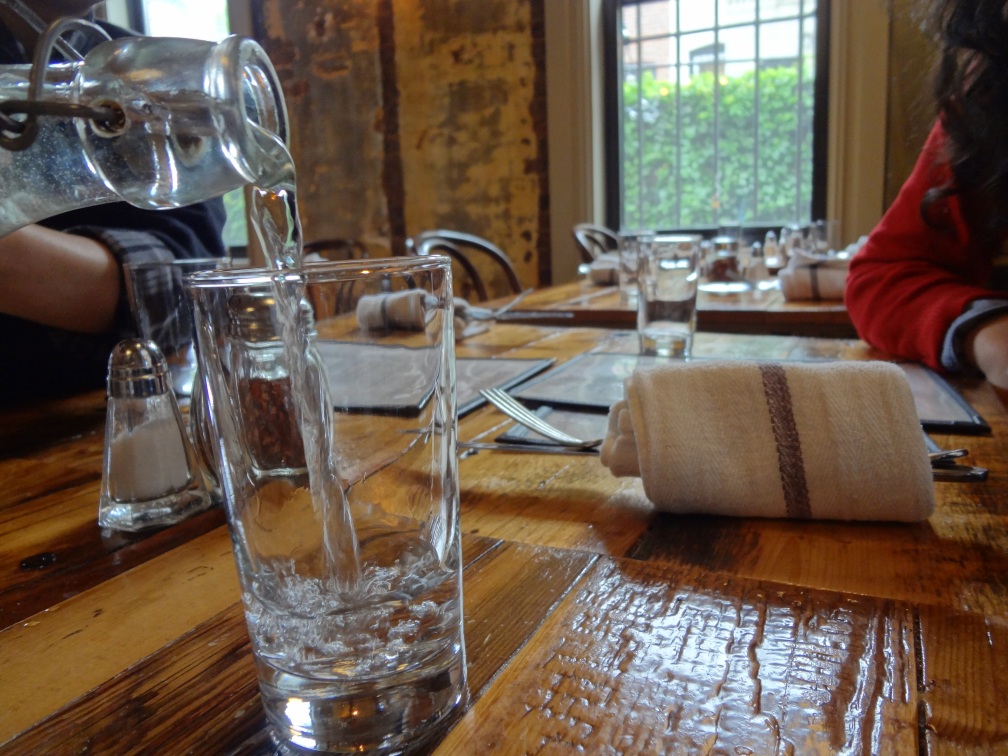I’m not sure how Mr. Eli Knight found my blog, but I’m very happy to have found his. He not only has some really interesting technique posts, he also writes wonderful philosophical posts that show a genuine love for BJJ. For example, I found myself grinning as I read his most recent post, Enjoy The Moment, because it resonated with my own feelings towards BJJ and my current journey to being more present in and aware of my life.
Part of the measures I’ve been taking is cutting down on my use of social media. For all my talk about being comfortable with solitude and silence, I’ve learned that that hasn’t really been true. Case in point: Until early this month, I found myself logging into Twitter or Facebook even though I knew there wouldn’t be anything I’d be interested in and, more disturbingly, I realized I was doing this when I had intended to write. What this told me was that I was using social media as an excuse not to write, to not put in the hard work of practicing writing.
This isn’t something new, unfortunately. However, what is new is that I’ve changed my reaction for when I realize what I’m doing. Before, my self-talk was simply a scolding: “You should be writing.” But that just led to guilt and more mindless internet wandering – a cycle of negativity that really hasn’t helped at all. Now, my self-talk is more of a question, an evaluation: “Is this something that is helping you understand your fear and be more present and/or improve your writing?” Because sometimes you can happen on really insightful things and also amazing opportunities by wandering – for example, I found out that there will be a writing conference this weekend in my town – and those things shouldn’t be ignored. Cutting things out completely isn’t always the answer…
*
That last bit is amusing to me because I’m notorious for keeping certain aspects of my life separate from each other. In my opinion, separation isn’t necessarily good, but sometimes it’s necessary. For example, when you’re young, you study science and history separately; when you’re older, once you have the necessary background knowledge, you learn how those two subjects constantly affect each other. Basically, you have to understand the parts before you can put them together.
It makes perfect sense writing it out like this, but as I’ve been trying to apply it to my personal life, I’ve found it to be terrifying. For me, it’s easier to look at things in pieces – things are much more manageable that way. My job is separate from BJJ, my family is separate from my friends, etc. Each group is separate and each group has a separate “me” that I show. But in this case, not only is separation unnecessary, it is flat out not good.
Life – and people – aren’t pieces. Treating others and myself as such is not only detrimental to my relationships with other people, but also my relationship with my self. Dividing things up like this has not led to me being in control – it’s instead led to me being controlled by others. It all comes back to being present and aware, accepting flaws, forgiving mistakes, a dedication to moving forward, and a hope that one day, the pieces will come together to create a whole…

